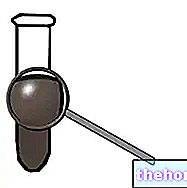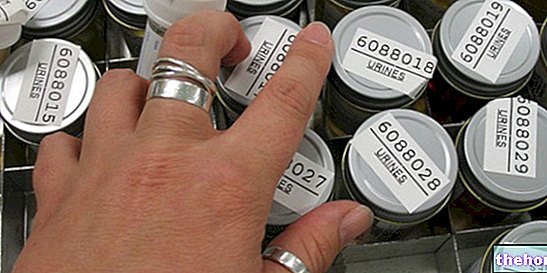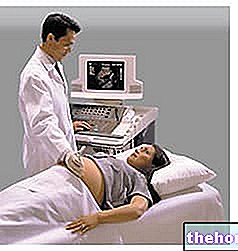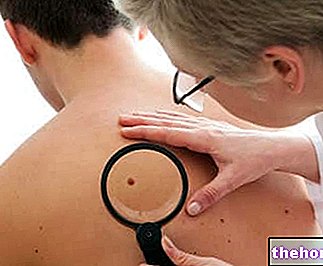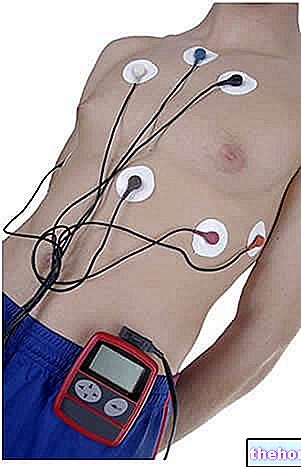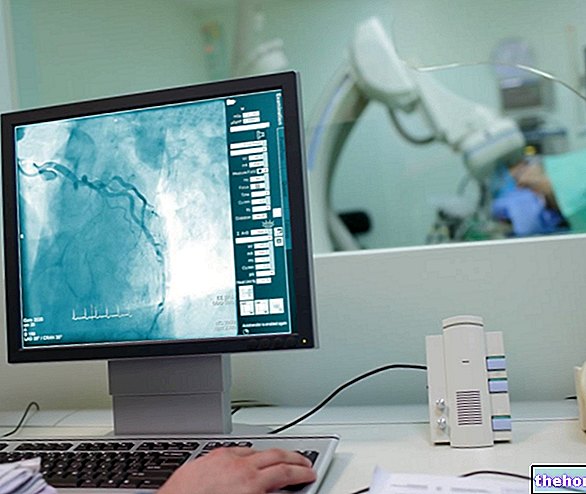Dental CT: When and How to Perform it

The dental CT scan is a second level examination used when it is necessary to identify with greater clarity and precision any anomalies that have emerged from the so-called dental panoramic (or orthopantomography). The main advantage of the dental CT compared to the classic panoramic is to offer three-dimensional and more detailed images. For example, the dentist may need to more accurately assess the relationships between impacted teeth and anatomical vascular and nerve structures. This need is typical in the case of extraction of impacted wisdom teeth.
If implantology interventions are planned, the dental CT helps the dentist to understand the amount of bone available for the implant and the possible need to resort to a bone graft. It also helps to plan the position of the implants in respect of the nervous and vascular structures.
Alongside the traditional spiral CT (CT fan beam), the so-called cone computed tomography (CT cone beam) is nowadays increasingly widespread, the advantages of which lie in the lower radiogenic dose (the patient is exposed to approximately 5- 10 times lower) and in the best X-ray image quality.
The low dose of radiation - however much higher than that to which one is exposed with an orthopantomography - allows the routine use of CT cone bean even in children.
Depending on the equipment used, during the dental CT scan the patient can be lying on a sliding bed or kept in a sitting position on an armchair. On average, the exam lasts from 20 to 40 seconds and is not painful in any way.
No preparation is necessary, but before the start of the dental CT scan, the removal of anything that could interfere with the examination, such as tongue or lip piercings, removable dental prostheses, glasses, earrings, hearing aids, wigs and necklaces. For purely precautionary purposes, the patient may be asked to wear a vest and / or a radioprotective collar.
Women must inform the medical staff about the possible state of pregnancy, even if only presumed. The dentist will decide whether it is better to postpone the dental CT scan or if this is essential by adopting the necessary precautions.
Continue reading: Dental Overview See also Radiology Tests: Chest X-ray
